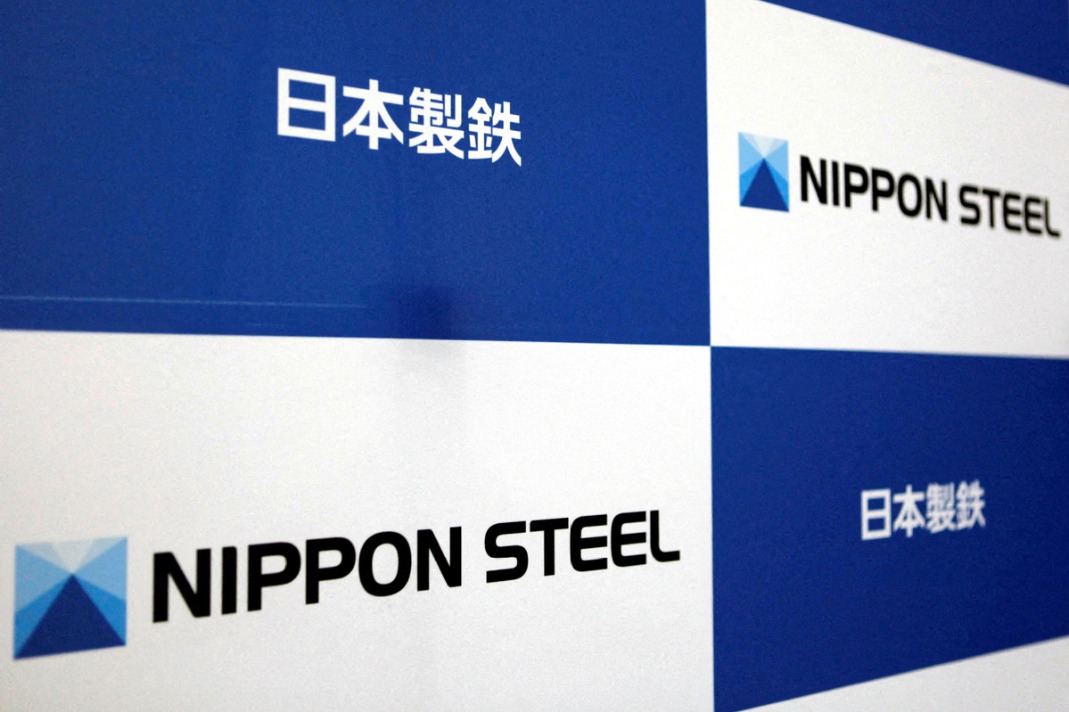

In a recent address at the World Economic Forum in Davos, Takeshi Niinami, CEO of Suntory Holdings, highlighted the urgent need for Japanese companies to prepare for potential supply chain disruptions due to anticipated tariffs during Donald Trump's presidency. Niinami's remarks come amid a survey indicating that most Japanese firms operating in the U.S. expect new tariffs to be imposed [60e920fc].
Niinami pointed out that Japan currently enjoys a significant trade surplus with the United States, which may be impacted as Japan increases its military purchases from the U.S. to strengthen bilateral ties [60e920fc]. As a prominent figure in Japan's business community, Niinami will soon transition the presidency of Suntory to Nobuhiro Torii in March, marking a new chapter for the company [60e920fc].
In light of the recent political climate, Niinami expressed hope for the revival of Nippon Steel's $14.9 billion bid for U.S. Steel, which was blocked by President Biden due to national security concerns [bdb58bc1]. He emphasized that the acquisition could have bolstered U.S. Steel's competitiveness in the global market, a sentiment echoed by many industry experts [bdb58bc1].
The ongoing tensions surrounding trade and tariffs have raised alarms among Japanese businesses, particularly as they navigate the complexities of U.S. economic policy under the incoming Trump administration. Analysts predict that the anticipated tariffs could lead to a reevaluation of investment strategies, with Suntory reconsidering its investments in China while aiming to expand in India [60e920fc].
As the diplomatic landscape evolves, the relationship between the U.S. and Japan remains crucial, with both nations seeking to address shared security concerns and economic interests. However, the potential for increased tariffs could complicate this partnership, prompting Japanese firms to adapt their strategies accordingly [bdb58bc1].